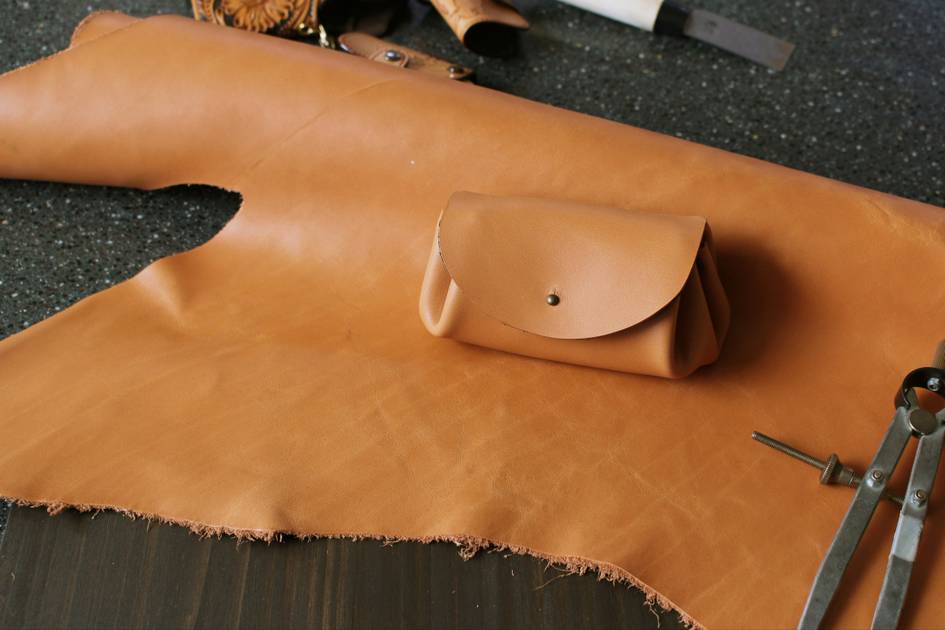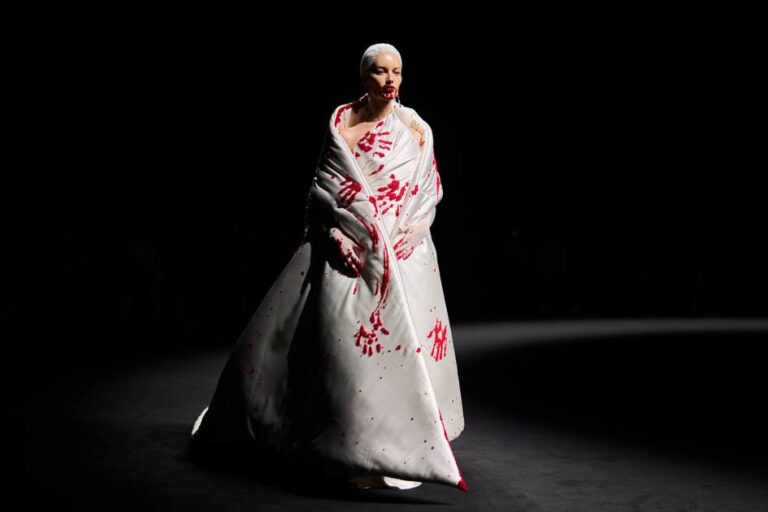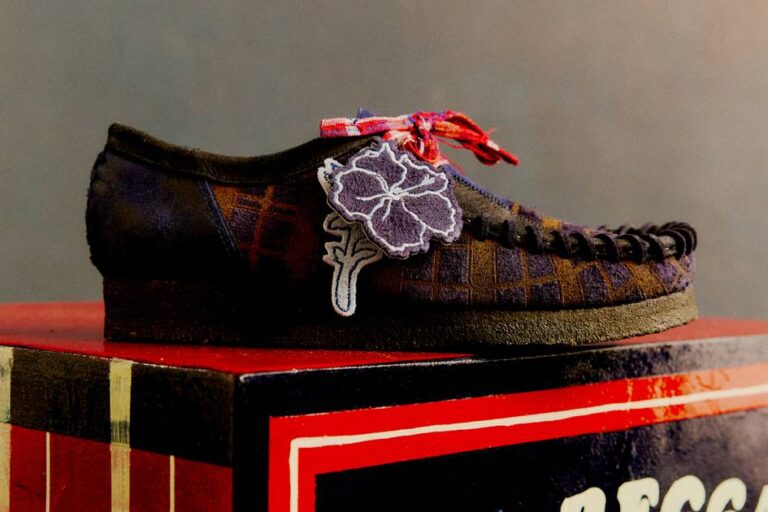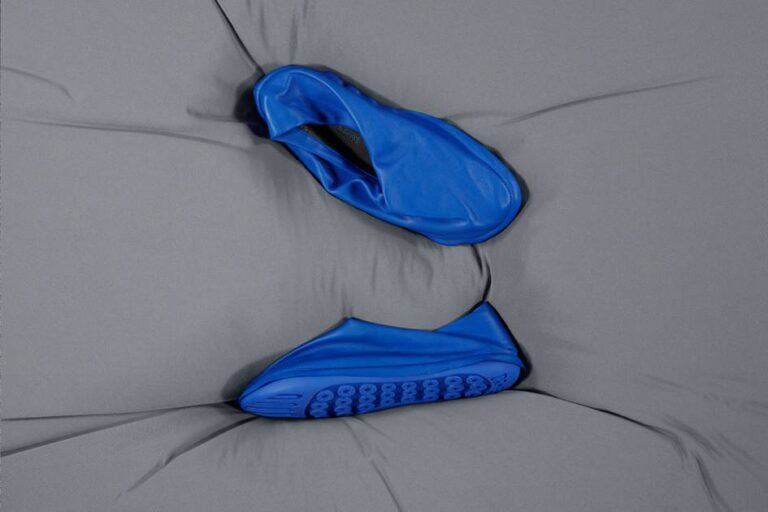Nigerian Leather: A Rising Star for Luxury Brands in the Home Market

Much of Nigeria’s leather, primarily semi-finished, finds its way to Europe and Asia, where it transforms into high-end products associated with international brands, often without any acknowledgment of its origins.
However, with her local venture, Isi Omiyi aims to create luxurious items that help reclaim Nigeria’s leather identity.
In her Lagos apartment, she has set up a distinctive boutique corner showcasing finely crafted bags, wallets, and shoes, with some items priced at nearly $1,500.
“Leather is a core part of our heritage. I cannot simply stand by and watch others receive recognition for work that began here,” stated the 56-year-old designer during an interview.
Her goal is to elevate the visibility of “Made In Nigeria” craftsmanship.
Omiyi expressed a wish for foreign brands to clarify their products’ origins, urging them to specify ‘originally from Nigeria, made in Italy,’ or ‘made in France,’ as many do not do so.
The country’s export promotion agency indicates that Nigeria exports around 90% of its leather, predominantly to Italy and Spain, which account for about three-quarters of total exports.
According to Oluwole Oyekunle, a researcher at the Nigerian Institute of Leather and Science Technology, leather exports contribute approximately $600 million to Nigeria’s economy annually.
Kano: The Heart of Tanneries
Kano, located in northern Nigeria, serves as a hub for major international luxury brands that source leather through intermediaries connecting them to local tanners. The state is home to 11 tanneries.
Ztannery, operational since 2010, receives daily deliveries of fresh goat and sheep hides from across Nigeria and neighboring countries, sorting and processing them over nine days.
“We process from raw to semi-finished leather, which constitutes 80% of the entire process,” explained Abbas Hassan Zein, the company’s owner.
Intermediaries then send the hides to Europe, where they undergo further treatment before being marketed by luxury brands like “Gucci, Ferragamo, Prada, and Louis Vuitton,” added Zein.
“At this stage, it transitions from ‘Made in Nigeria,’ with the last 10% changing to ‘Made in Italy’ or ‘Made in China,’” he pointed out.
Modern tanneries like Ztannery typically accept only large orders paid in dollars or euros, making it challenging for local designers who prefer to pay with the local currency.
To overcome this, many designers turn to the traditional Majema tannery, established in 1932, where all processes are done manually. Here, tanners clean and dye hides directly on an earthy floor amid scattered plastic debris.
“Our clientele extends from the north to the south, and we also export to neighboring countries like Niger, Cameroon, and Chad, as well as to Europe,” remarked Mustapha Umar, the tannery manager.
Celebrating Heritage through Leather
In 2017, Femi Olayebi, the creator of FemiHandbags, launched the Lagos Leather Fair, an annual gathering that unites around 100 leather professionals from Nigeria’s business center.
Olayebi highlighted the need for a dedicated platform for designers and suppliers, demonstrating that Nigerians can create high-quality products with their own resources.
Public and private initiatives are expanding within this sector in Africa’s largest country.
In Kano, interest from Indian, Chinese, and some European producers—not limited to the well-known brands—has been growing, noted Tijjani Sule Garo, who manages the family-owned GB Tannery.
In Lagos, the state government launched a factory in the Mushin neighborhood in August, aiming to produce leather goods and generate 10,000 jobs, adjacent to one of the nation’s most significant leather markets.
To compete with global leather industry leaders, Olayebi emphasizes the necessity for “improved machinery, enhanced access to quality Nigerian leather, and crucially, better training.”
For David Lawal, 26, a brand executive at Morin.O, the focus is on promoting Nigerian identity. Many consumers seek a “timeless expression of heritage,” embodied in leather products crafted by Nigerians.
Do you think Nigerian leather craftsmanship will continue gaining international recognition?





